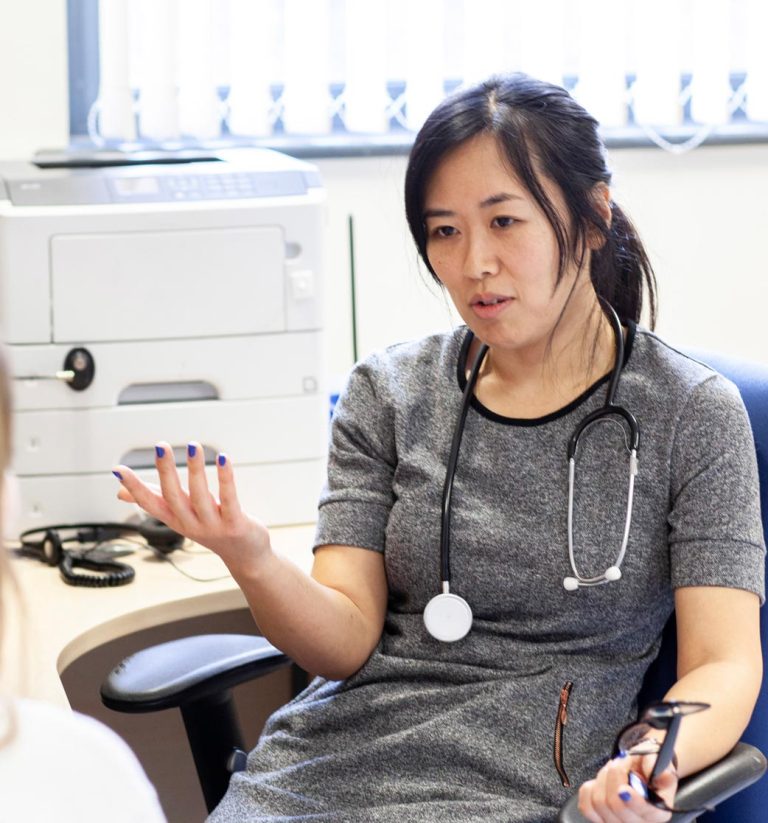Integrated Care Systems
Integrated care systems (ICSs) are partnerships that bring together NHS organisations, local authorities and others to take collective responsibility for planning services, improving health and reducing inequalities across specific geographical areas. Our clinical pharmacist services are designed to support these partnerships between the ICSs in their mission to improve population health and enhance patient outcomes. Our innovative, remote clinical pharmacy services are designed to focus on these priorities.

Accreditations and Partners



Our services are designed to meet the unique needs and outcomes for each ICS
We provide:
- Collaboartive medicine management
- Care Pathway integration
- Medicines optiomised for population health
- Patient-centred chroinic disease management
What we focus on...
Don’t just take our word for it…
“PCN Pendle West thanks National Clinical Services for their outstanding support in achieving our SMR targets. Their personalised and clinically active approach significantly enhanced our patient care. We would most certainly use them again.”
Dr. Irfan Chaudhary - PCN Pendle West
Frequently asked questions
How much ARRS funding can a PCN benefit from?
A PCN is allocated a sum for an entire year based on its weighted population share of the total ARRS funding.
Although PCNs are able to claim up to this maximum sum each year, an underspend has commonly been reported.
From 1 October 2024, PCNs will be able to claim up to £65,838 (annual equivalent) per ARRS clinical pharmacist working at band 7-8a.
In outer London, this rises to £73,189, and £76,313 in inner London.
How much is the ARRS funding?
Funding for the new ARRS GP roles has been calculated at £1.303 multiplied by the PCN’s weighted population as of the start of 2024.
According to NHS England, the overall value of the ARRS in 2023/24 is in excess of £1billion.
The role of ARRS in primary care
According to NHS England, The ARRS scheme was introduced as a key part of the government’s manifesto commitment to improve access to general practice.
Through the scheme, primary care networks (PCNs) can claim reimbursement for the salaries (and some on costs) of 18 new roles within the multidisciplinary team selected to meet the needs of the local population.
By expanding general practice capacity, the scheme improves patient access, supports the delivery of new services, and widens the range of primary care services available.
How many ARRS roles are available?
There are around 18 roles available, including:
- Clinical Pharmacist
- Pharmacy Technician
- Health and Well-being Coach
- Dietician
- Podiatrist
- Paramedic
- Adult Mental Health Practitioner
- Children and Young People’s Mental Health Practitioner
- Nursing Associate
- Trainee Nursing Associate
- Occupational Therapist
- First-contact Physiotherapist
- Care Co-ordinator
- Physician Associate
- Social Prescribing Link Worker
- General Practice Assistant
- Digital and Transformation Lead
- Advanced Practitioner
What does the ARRS stand for in the NCS?
ARRS stands for The Additional Roles Reimbursement Scheme.
In August 2024, the government announced that £82 million of additional funding from the Department of Health and Social care budget would be used to enable changes to the ARRS scheme, which means that in 2024/25 it can be used to recruit newly qualified GPs into the NHS and practices will be reimbursed for their salary costs. However, this changes the nature of the scheme as it had been focused on ‘additional roles’ that broaden the skill mix and range of services available to patients in general practice rather than funding core GP roles.
Who are National Clinical Services and how can we help assist PCN’s with ARRS?
How does the application process for ARRS funding work?
Who is eligible for ARRS funding?
What is a PCN?
PCN stands for Primary Care Network.
A Primary Care Network (PCN) is a group of GP practices that collaborate closely with other health and social care staff and organisations to deliver integrated services to their local community.
This model enhances the ability to provide comprehensive, coordinated care tailored to the specific needs of the population they serve.
Across England, there are around 1,250 PCNs covering populations of, on average, 50,000 people – although this varies significantly, with more than a third of PCNs covering more than 50,000 people. In some cases, a single practice that has met the size requirements of a network can also function as a network.
Get in Touch
Choose a time that works best for you. Once you are done setting up a time, please check your email for your confirmation.


